Funding to provide up to 50 percent support for capital projects
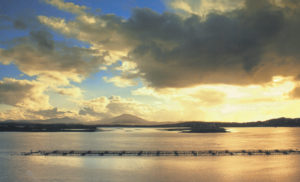
The Irish government has announced the approval for a scheme which will provide €20 million (U.S. $20 million) in funding for capital investments to accelerate the sustainable growth of the country’s aquaculture sector. Up to 50 percent support will be offered for capital projects in climate change, seaweed production, Integrated Multi-trophic Aquaculture and Recirculating Aquaculture Systems.
The scheme is based on a recommendation of the Seafood Task Force, which was established to assess the impacts of Brexit and the Trade and Cooperation Agreement on the fishing sector and coastal communities. The Seafood Task Force recommended the aquaculture sector be provided with support for its development to mitigate the collective negative impacts across sectors of the seafood industry. This scheme is proposed for funding under the Brexit Adjustment Reserve (BAR).
“Our aquaculture sector employs 2,000 people directly and supports thousands more in the local economies,” said Charlie McConalogue, minister for Agriculture, Food and the Marine. “There is even greater potential for growth. The supports for these producers will help create jobs and increase Ireland’s supply of high-quality seafood to local markets and for export.”
Based on the recommendation by the Task Force, the scheme will support investments in modernization and capacity building, increasing added-value in products, improving energy supply and efficiency and reducing environmental impact. The scheme will also support new entrants into the aquaculture industry, with grants of 30 percent to 50 percent of eligible costs will be available.
While investment will generally be supported at a maximum of 40 percent of eligible costs, a higher incentive rate of 50 percent will apply to certain climate change investments: to investment in seaweed aquaculture and RAS and IMTA aquaculture projects. Funding will be prioritized for projects that contribute most to the objectives of the scheme, to climate change objectives, and to the prioritization of SMEs generally.
“This scheme will be a significant boost for the aquaculture sector and will allow for expansion which focuses on sustainability and which is sensitive to our natural environment,” said McConalogue. “It will assist Ireland to maintain and grow its reputation as a producer of high-quality seafood, both at home and abroad, and help aquaculture producers achieve their ambitions for sustainable expansion.”
Read more about the scheme here.
Follow the Advocate on Twitter @GSA_Advocate
Now that you've reached the end of the article ...
… please consider supporting GSA’s mission to advance responsible seafood practices through education, advocacy and third-party assurances. The Advocate aims to document the evolution of responsible seafood practices and share the expansive knowledge of our vast network of contributors.
By becoming a Global Seafood Alliance member, you’re ensuring that all of the pre-competitive work we do through member benefits, resources and events can continue. Individual membership costs just $50 a year.
Not a GSA member? Join us.
Author
Tagged With
Related Posts
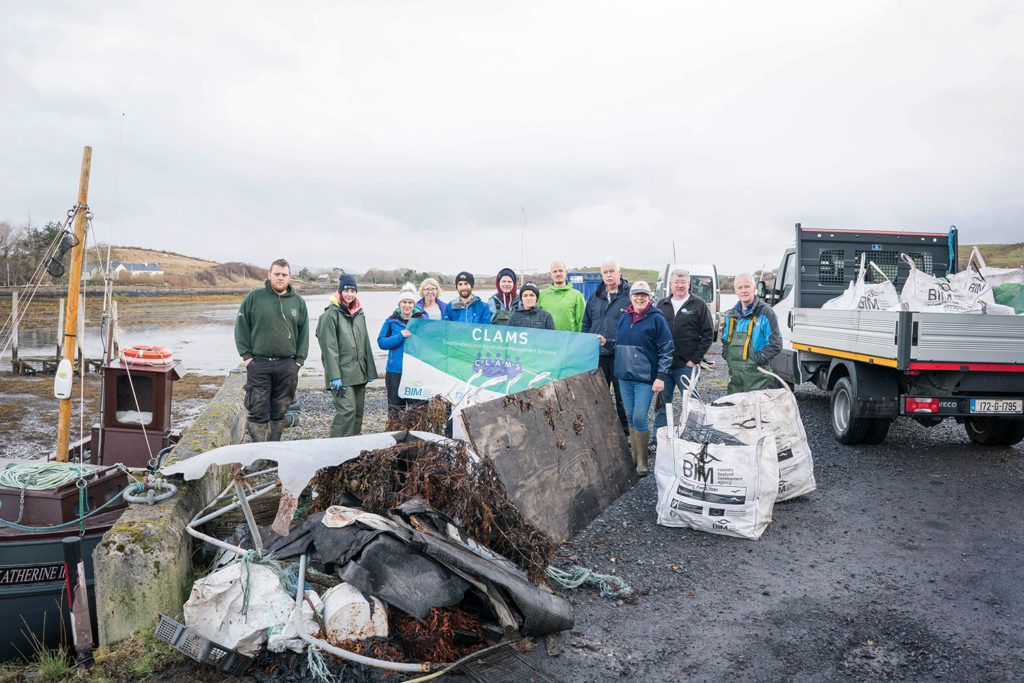
Responsibility
Love thy neighbor: Ireland’s Clew Bay embraces aquaculture area management
Aquaculture producers in Ireland’s Clew Bay prove that organized clusters can mitigate biosecurity risks and can even raise their profile with consumers.
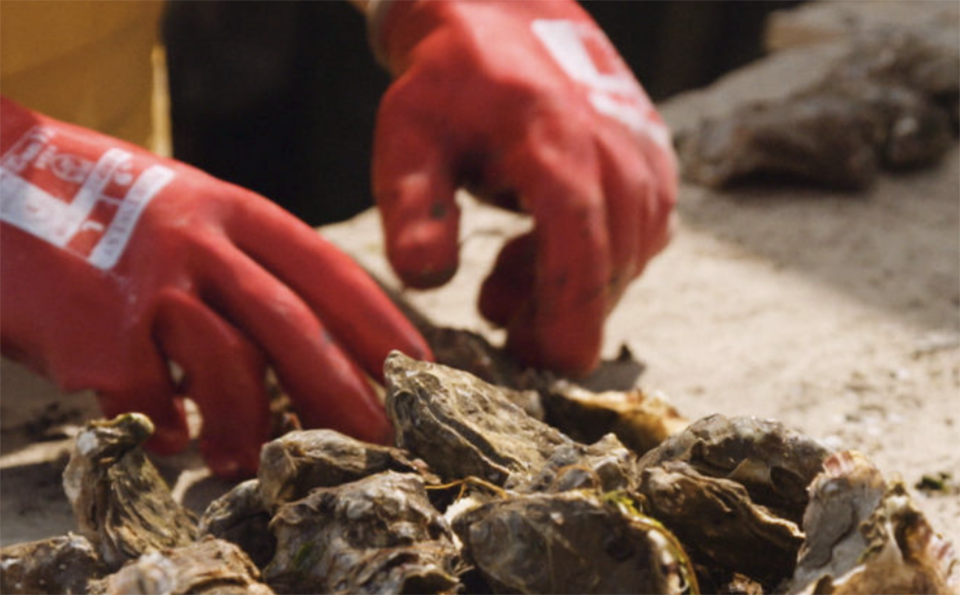
Innovation & Investment
Dorset Coast Forum secures funding to develop England’s aquaculture innovation hub
The Dorset Coast Forum secured funding to develop the concept of an English Aquaculture Innovation Hub in Dorset.
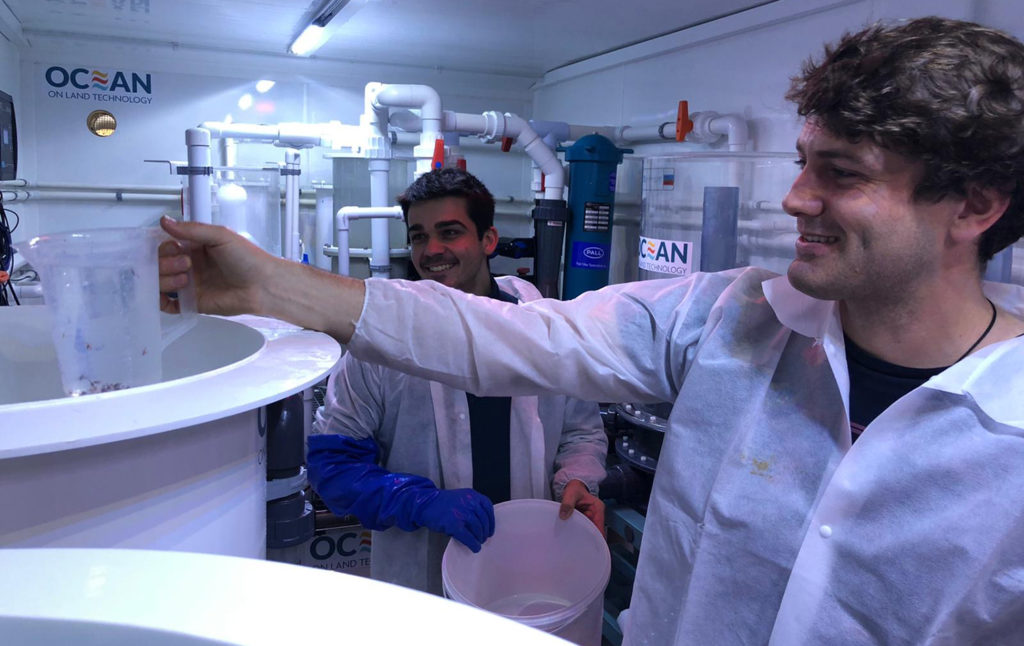
Innovation & Investment
Orkney Shellfish Hatchery has the hardware for shellfish restoration
The Orkney Shellfish Hatchery aims to aid the restoration of iconic U.K. fisheries – native flat oysters, clawed lobsters and their coastal communities.
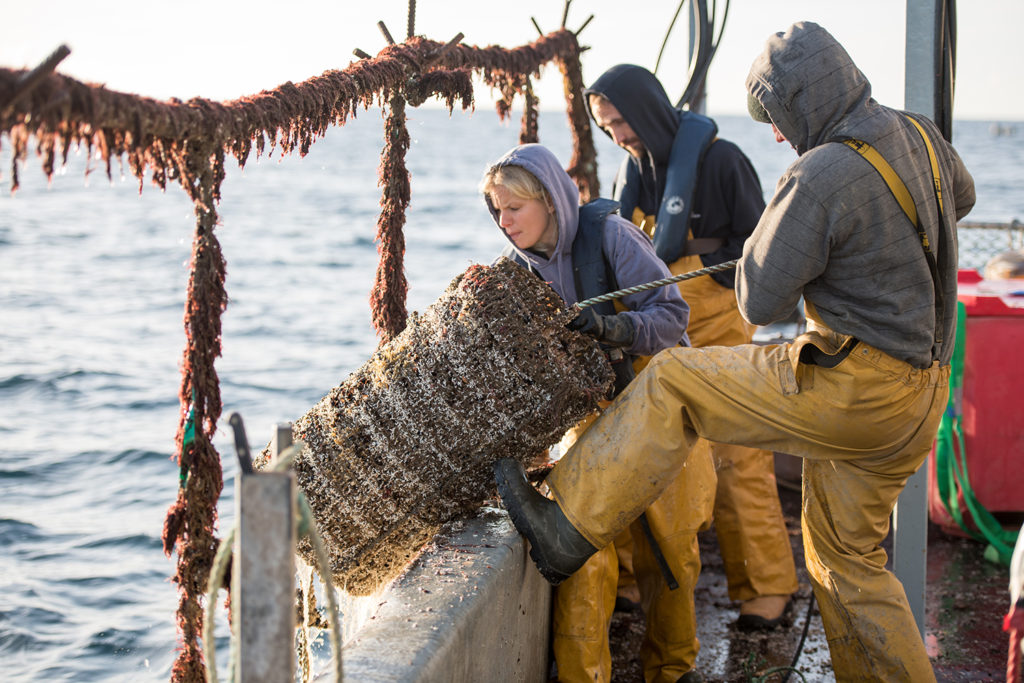
Innovation & Investment
UK lobster-farming project breaks new ground
A project to grow lobsters in the open sea is giving researchers hope that the technology behind stock enhancement could be improved and that lobster farming could provide new prospects for diversification and employment.



